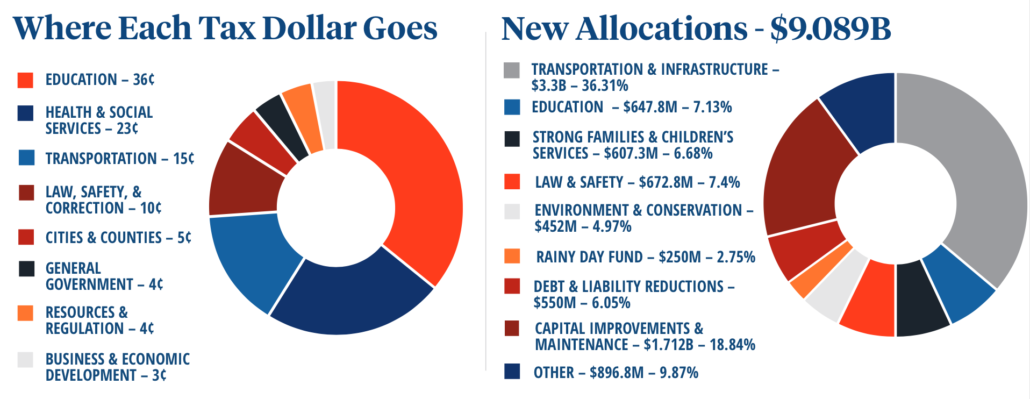Stories of how critters and co-ops care for each other
One Monday morning last summer, a young male brown bear climbed to the top of an electric co-op utility pole in Arizona—presumably to see what he could see.
But when two co-op employees spotted the creature, they knew it was nothing to joke about. His arms were draped between the crosspieces, paws resting on the pole’s neutral conductor, head next to an energized 7,200-volt line. “If he touched it, he would have been dead,” said one of the workers.
So, they de-energized the line and called in 18-year co-op veteran Werner Neubauer. It wasn’t his first rodeo, er, animal rescue. He’d also saved cats, raccoons and even a bobcat.
A co-op bucket truck hoisted Neubauer, 8-foot-long fiberglass hot stick in hand, to meet the bear. The bear tucked his face under his front arm, covering his eyes.
“Alright, little bear. Time to get off this pole,” Neubauer encouraged. The bear nipped and grabbed at the stick, but Neubauer finally nudged him down, where he ran off into the desert.
Out in the country, animals are everywhere.
Animal encounters are nothing new for electric co-ops. Getting their start in the 1930s to serve rural areas that had no electricity, they’ve always been close to the land, and its creatures. From bears to butterflies and sheep to seabirds, electric co-ops have a track record of showing they understand the importance of caring for wildlife.
Janelle Lemen, regulatory director for environmental policy at the National Rural Electric Association (NRECA), describes how co-ops across the country take actions like building nesting platforms for ospreys and falcons, and modifying electrical structures to reduce potential electrocutions of birds. Co-ops coordinate those efforts nationwide though NRECA’s membership, since 1989, in an organization called the Avian Power Line Interaction Committee.
Co-ops also regularly work with other state, local and federal wildlife agencies to come up with the best ways to coexist with wildlife.
Lemen says, “Electric co-ops have a long history of implementing conservation efforts to benefit America’s wildlife and other natural resources.”
One part of that history is an annual week-long Pollinator Power Party. Co-ops know a lot of us love butterflies and bees, and that both are essential to the ecosystems that pollinate plants. So, several electric co-ops have become part of a group called the Pollinator Partnership to increase awareness of bee and butterfly habitats.
Grazing under solar panels
A more direct interest between co-ops and wildlife comes in the form of protecting birds from high-voltage equipment, both for the birds’ own safety and to keep animal electrocutions from causing power outages.
Co-ops in several states have built platforms to keep ospreys and other birds from nesting on power lines. An electric co-op in Hawaii has even experimented with a laser fence system to keep seabirds from colliding with power lines.
And it’s not always the co-ops protecting animals. Sometimes the critters help out the co-ops.
As solar energy use grows across the country, some co-ops are getting the grass under photovoltaic panels trimmed by goats and sheep. Well, maybe not goats so much. With co-ops and other utilities finding economic and environmental benefits to grazing under and around solar panels, the National Renewable Energy Laboratory actually conducted a study called Solar Sheep and Voltaic Veggies: Uniting Solar Power and Agriculture. Among its conclusions: “Sheep have often proven to be the best tenants of the land. Horses can be picky about what they eat, cows are large and require a lot of space, and goats tend to chew on wires and climb on panels.”
Paul Wesslund writes on consumer and cooperative affairs for the National Rural Electric Cooperative Association, the national trade association representing more than 900 local electric cooperatives.


 NASHVILLE –Tennessee Valley Authority recently announced that Mike Knotts, CEO of the Tennessee Electric Cooperative Association, will serve on its Integrated Resource Plan working group.
NASHVILLE –Tennessee Valley Authority recently announced that Mike Knotts, CEO of the Tennessee Electric Cooperative Association, will serve on its Integrated Resource Plan working group.







